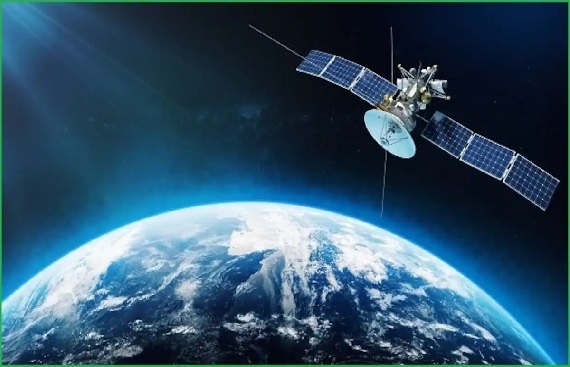Increased private participation to fuel Indian space economy
By
siliconindia | Monday, 28 August 2023, 03:28 Hrs

India, which currently has over 150 space startups that have secured $303 million in funding in recent years, is set to make India a leader of the global space economy with increased private participation, said Lt Gen A.K. Bhatt (Retd), Director General, Indian Space Association (ISpA). Indian startups in the space sector are now operating in diverse segments such as launch vehicles, satellites, propulsion systems, ground services and applications, etc. “With continued support from the investors as well as the government, the ecosystem will be able to sustain in the long-term to make India a leader of the global space economy,” Bhatt.
As the world acknowledged India's space prowess after the Chandrayaan-3 success, the space tech sector in the country has received $62 million in funding this year to date, reflecting a substantial 60 percent increase compared to the same period last year. India currently ranks seventh in terms of funding within the international space tech landscape, firmly establishing its influence in this dynamic sector, according to the latest report by market intelligence firm Tracxn. From a modest $35 million in funds raised between 2010 and 2019, the sector experienced a meteoric rise in 2020, securing a remarkable $28 million in funding.
This trend continued with exponential growth, reaching $96 million in 2021 and an impressive $112 million in 2022, marking a 17 percent increase from the previous year. Bhatt said that the historical unshackling of the private space sector, announced in June 2020, was reinforced by the Indian Space Policy, which was announced in April 2022. “The new policy focuses on the growth of private space industry and start-ups and provides them opportunities for all verticals of space including future opportunities such as asteroid mining." As part of this initiative, public-private partnerships like the recent one for the construction of 5 PSLVs by HAL and L&T is an example of the new initiative to explore space.
“The policy is especially a welcome step for Indian space-tech startups and encourages greater involvement of these companies in the space sector,” Bhatt noted. According to the latest ISpA-EY report, the space economy in India is set to grow to $13 billion by 2025 at a compound annual growth rate (CAGR) of 6 percent, which "will be fuelled by increased private participation, advanced technology adoption, and cost-effective launch services,” Bhatt emphasized. India's emergence as a potent player in space tech is further highlighted by its impressive satellite deployment. With 381 satellites placed in low orbit, India has positioned itself as a key player in this arena, according to the Tracxn report.
Notably, the successful launch of 36 satellites into orbit by ISRO for UK-based OneWeb illustrates India's contribution to global satellite ownership. The government's budget 2023 initiatives further support the private enterprises' role in this sector, from launching satellites and rockets to operating Earth stations with a zero percent GST regime. The plans for a Production Linked Incentive (PLI) scheme for satellite manufacturing are also in the pipeline.

